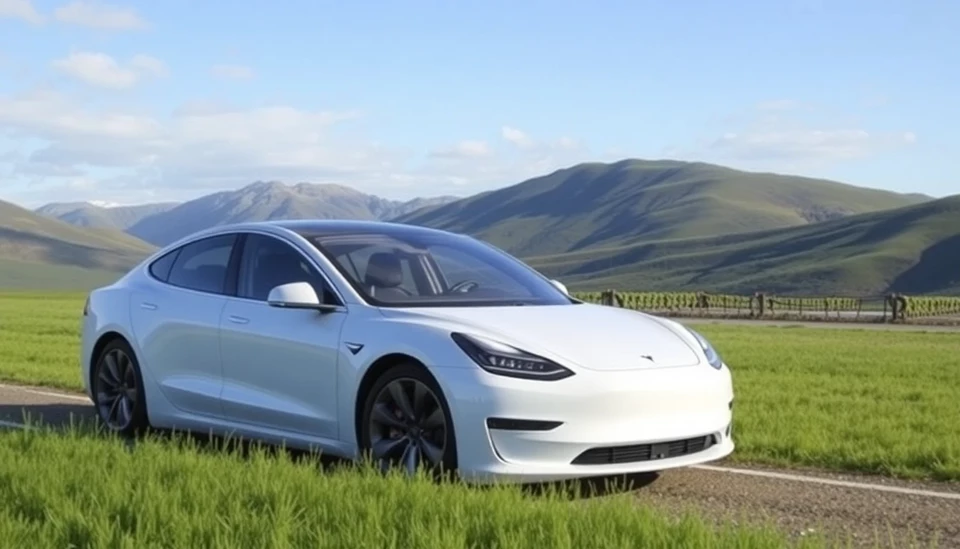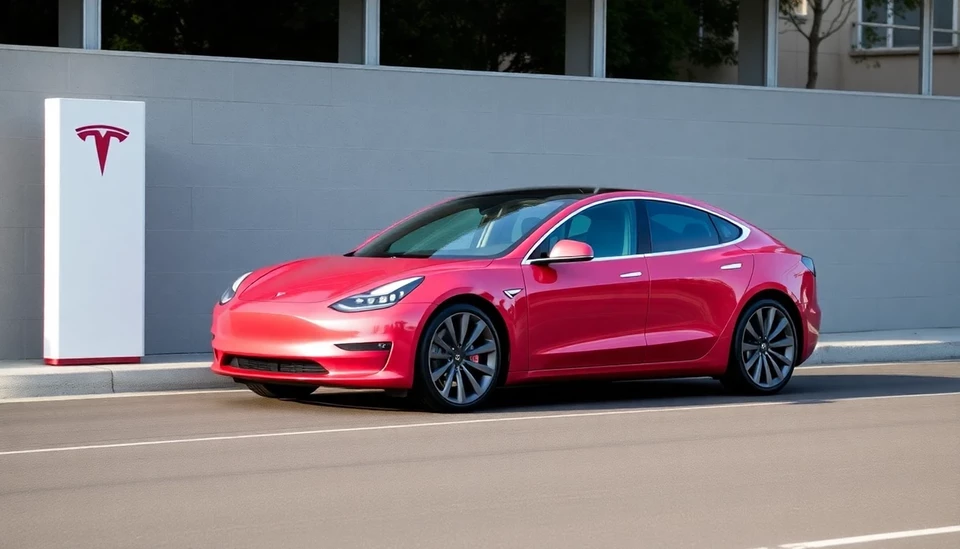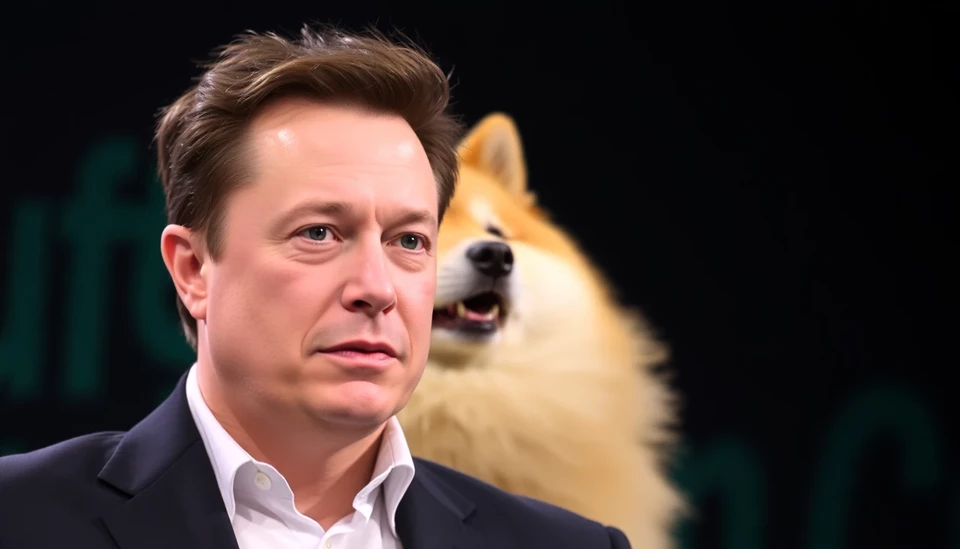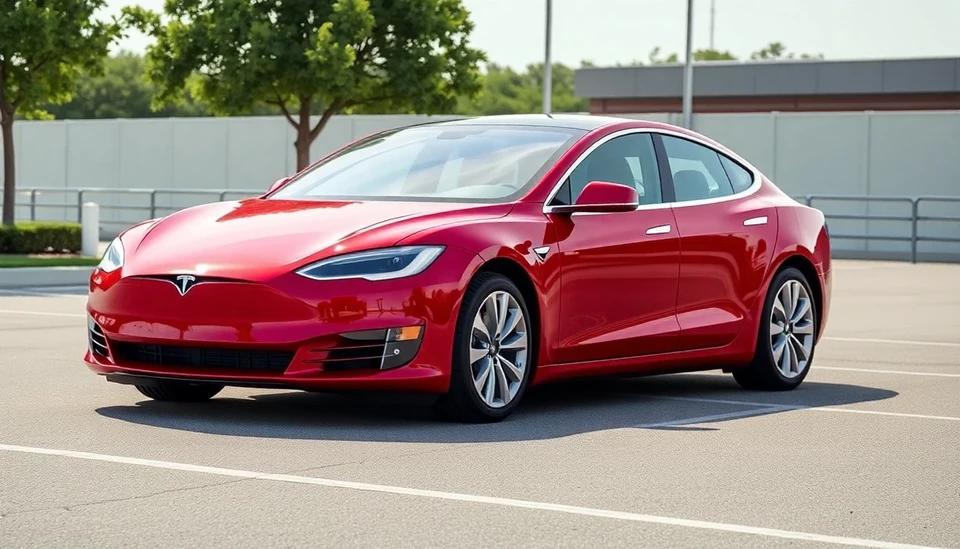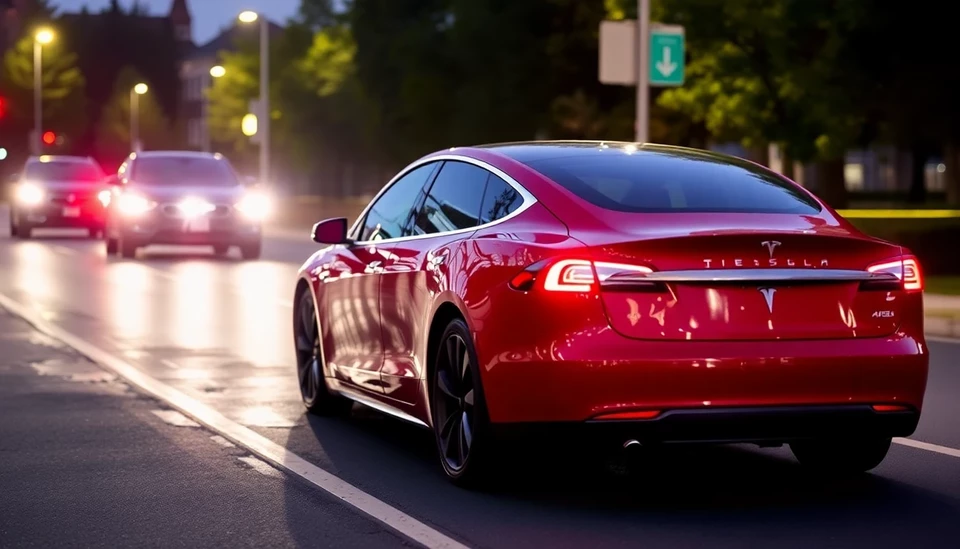
In a disturbing development for Tesla and its ambitious Full Self-Driving (FSD) technology, U.S. regulators have initiated a defect investigation after a fatal accident involving one of the electric vehicles utilizing this functionality. Authorities are focusing on the software's ability to navigate complex driving situations, raising concerns about Tesla's safety protocols and the technology's readiness for widespread public use.
The investigation stems from an incident that occurred in the San Francisco Bay Area, where a Tesla reportedly failed to respond appropriately to a stationary emergency vehicle at the scene of an accident. This incident resulted in the unfortunate death of a passenger in the vehicle. As details emerge, the investigation will scrutinize whether there’s a defect in the system that could pose a safety risk to drivers and pedestrians alike.
The National Highway Traffic Safety Administration (NHTSA) confirmed that its Office of Defects Investigation is taking a closer look at Tesla’s FSD feature, specifically concerning its performance in various driving scenarios. The agency is tasked with ensuring vehicle safety and has previously investigated several incidents linked to Tesla’s autonomous driving features, but this marks a significant escalation given the fatal nature of the accident.
In response to the probe, Tesla has indicated that it is fully cooperating with the investigation and is committed to enhancing the safety and reliability of its autonomous systems. The company maintains that FSD is still in beta testing, arguing that users are fully informed that the technology requires supervision and is not fully autonomous.
Critics have long expressed concerns about the reliability of Tesla’s self-driving capabilities, alleging that the company often overstates the technology's readiness. The ongoing investigation is likely to fuel ongoing debates about the safety of self-driving vehicles and the ethical implications of their deployment. As experts analyze the potential implications of the incident, there is a palpable sense of urgency around addressing safety standards in an industry that is rapidly evolving.
As the investigation progresses, stakeholders will be closely watching how it impacts Tesla’s operations, consumer confidence, and regulatory responses to self-driving technology across the automotive industry. The outcome could potentially reshape the standards for autonomous driving technology and influence future innovation within the sector.
The tragedy has rekindled discussions about the balance between technological advancement and public safety, emphasizing the need for rigorous testing and transparent communication from manufacturers about the limitations of their products.
As this story unfolds, it is clear that the implications of this investigation will resonate far beyond Tesla and may set significant precedents for the future of autonomous vehicles.
#Tesla #FullSelfDriving #SafetyInvestigation #NHTSA #AutonomousVehicles #TechnologyNews #ElectricVehicles #VehicleSafety #TransportationInnovation #SelfDrivingCars
Author: Samuel Brooks
